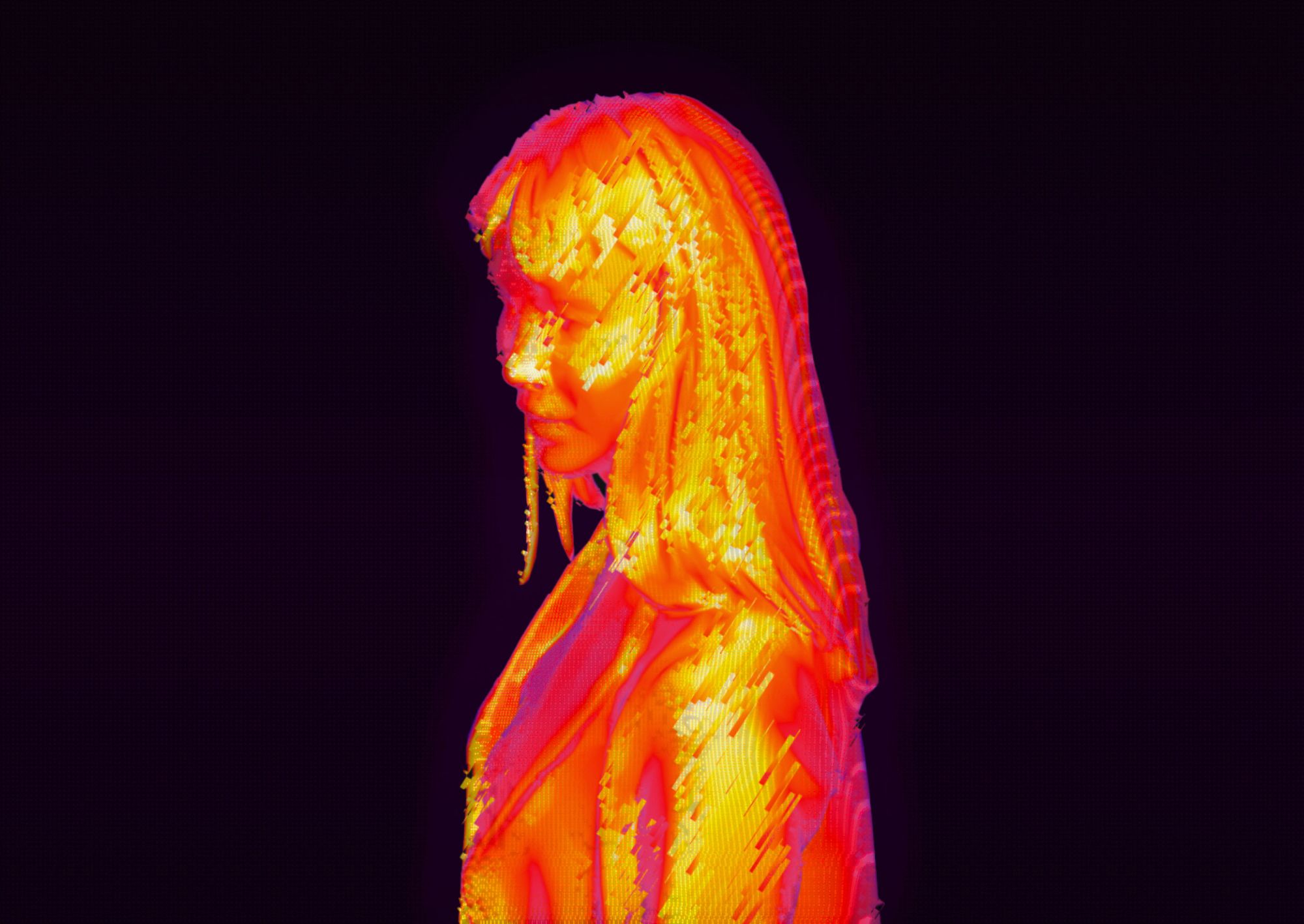
.jpg)
Keep your AI edge sharp with our "OpenCV AI Weekly Insights Digest." Dive into concise, impactful updates straight from the forefront of artificial intelligence.
.jpg)
OpenCV 4.9.0 is now on Maven Central, making it easier for Android developers to use. Supported by ARM, this update helps developers add computer vision to applications without complex setup.
Start using OpenCV in your projects by adding a line to your build.gradle. Thanks to Arm for their support in enhancing OpenCV for Android!
Read More: Blog OpenCV.ai

Our hands-on exploration with iPhone's LiDAR technology is now live! In this article, we review how LiDAR is used for depth measurement in iPhones.
Through several experiments, we've tested LiDAR's capabilities, examining its precision in creating depth maps and its efficiency in different lighting conditions.
Read More: Blog OpenCV.ai

Andrej Karpathy, known for his work at OpenAI and now at Tesla, has launched a new project about Language Models (LLMs). He created a version of GPT-2 with 124 million parameters, trained on a CPU using C/CUDA without PyTorch. It's written in under 1,000 lines of code and allows training GPT-2 on a CPU with 32-bit precision. This project helps people understand how language models are trained and makes AI more accessible by showing how models can be trained using simple code.
Read More: Twitter
Apple's AI research team has presented their latest innovation: the Reference Resolution As Language Modeling (ReALM) system, which they assert surpasses GPT-4 in certain query types. While Apple's digital assistant Siri has historically lagged in AI advancements, ReALM offers a promising solution by harnessing on-screen references and device processes to deliver more precise responses. This breakthrough not only enhances user interactions but also underscores Apple's dedication to advancing AI technology. With plans to integrate ReALM into Siri with the release of iOS 18 this summer, users can anticipate a more intelligent and intuitive digital assistant experience.
Read More: TechExplore
